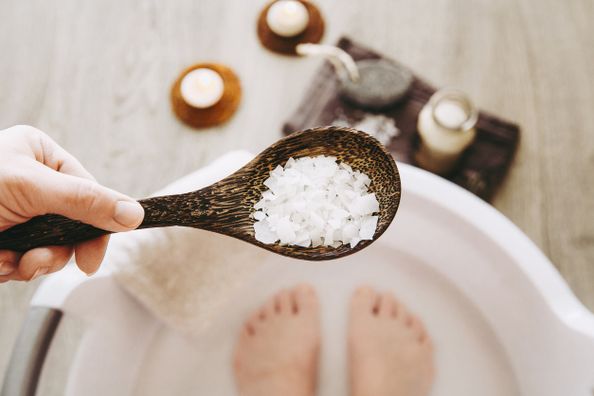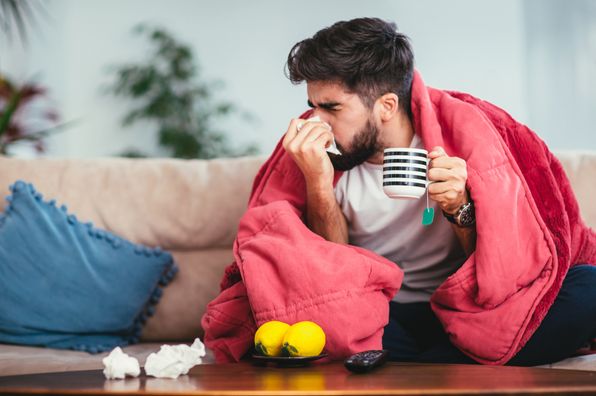Psoriasis affects 100 million people worldwide, with about 150,000 new cases every year. There is no known cure for psoriasis, but with different treatments and lifestyle alterations, symptoms may be relieved.
Psoriasis is an autoimmune disorder characterized by red, flaky patches on the skin. While this disease directly affects your skin, it is important to remember that psoriasis stems from within, so avoiding lifestyle and environmental triggers is often the most successful way to reduce long term flare-ups.
Environmental and lifestyle triggers to avoid:
- Alcohol
- Fragrances that may irritate the skin
- Gluten
- Stress
- Tobacco
Understanding what not to-do for psoriasis is just as important as knowing what you should do to ease symptoms, because when exercised together, it will likely result in the best outcome for your skin condition.
The following are natural and herbal topical remedies that may help sooth, and in some cases, prevent psoriasis when applied directly on the affected area:
- Aloe vera
- Apple cider vinegar
- Bath with dead sea salts
- Creams containing capsaicin
- Creams containing Oregon grape
- Oats
- Tea tree oil
- Turmeric
In addition to natural-topical solutions, there are several supplements and herbs that may reduce psoriasis symptoms when introduced into your diet, such as:
- Aloe vera
- Apple cider vinegar
- Fish oil
- Milk thistle
- Turmeric
- Vitamin D
What many of these have in common is their ability to combat inflammation, which is a trigger for most psoriasis flare-ups. While these are suitable at-home remedies, before trying any supplemental or herbal remedy you should always consult with your doctor, as certain medications or pre-existing medical conditions can cause unsought interactions.
If these at home remedies don’t improve your psoriasis condition, you may want to consult a dermatologist. To schedule an appointment online, visit our Dermatology department. .
For more information on psoriasis, visit the National Psoriasis Foundation at www.psoriasis.org.
Health Topics:







